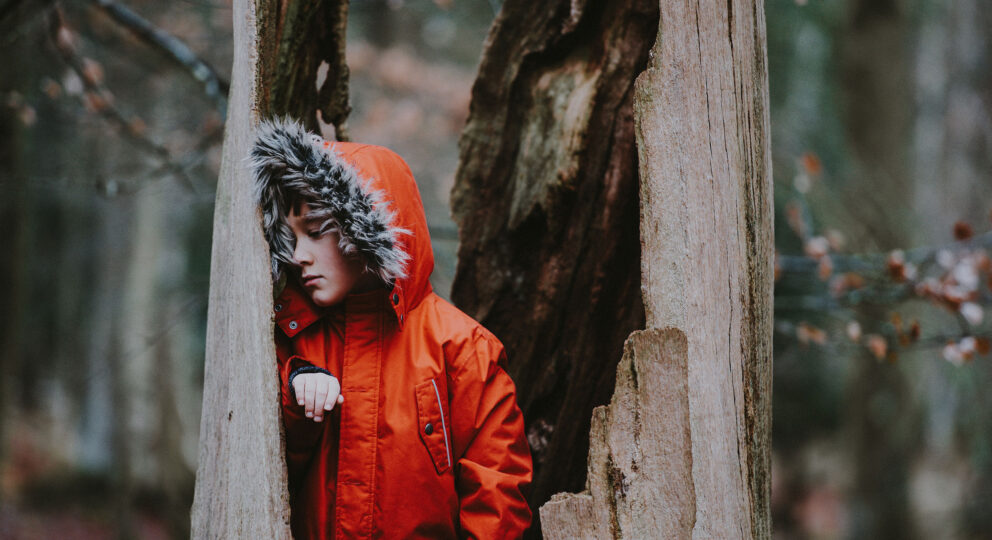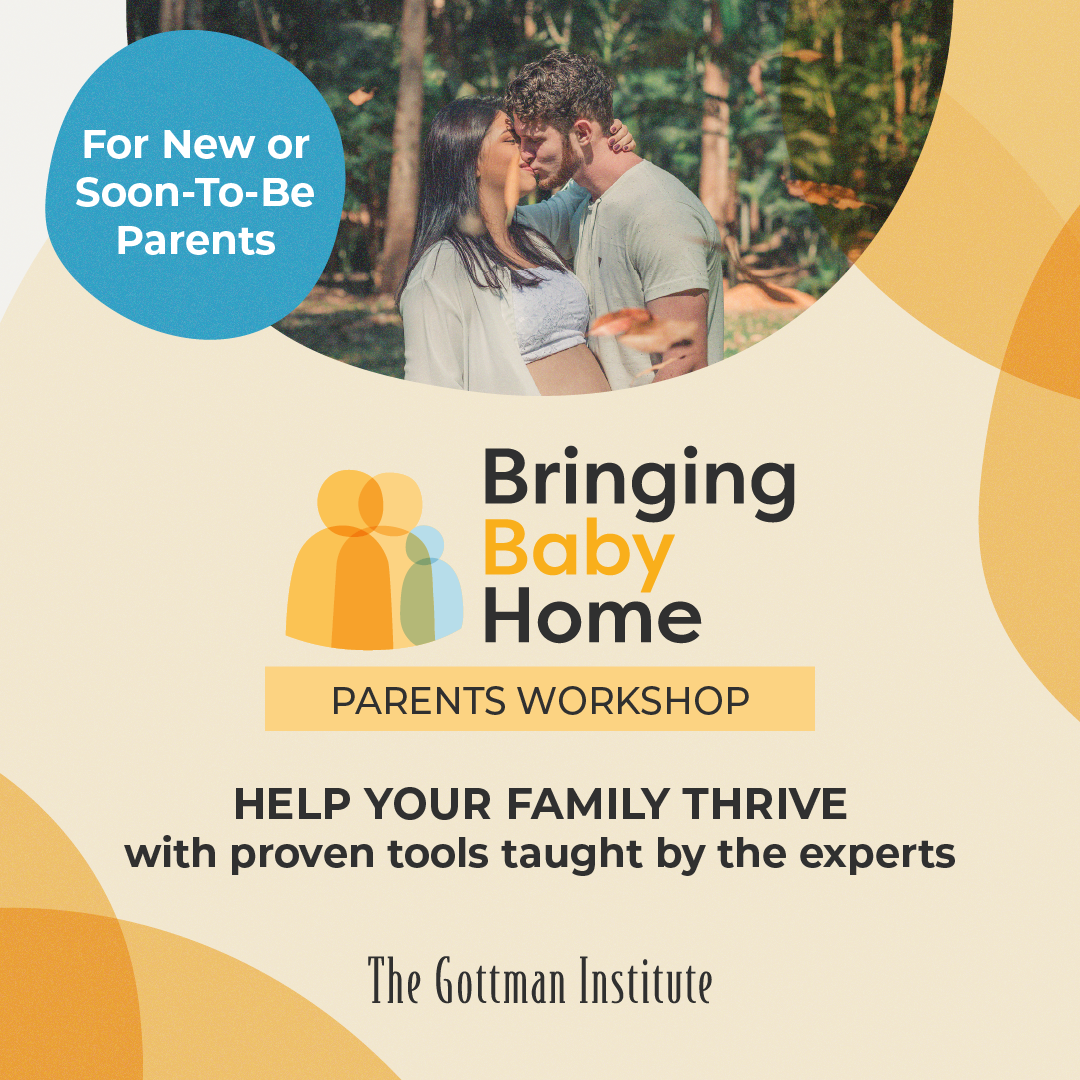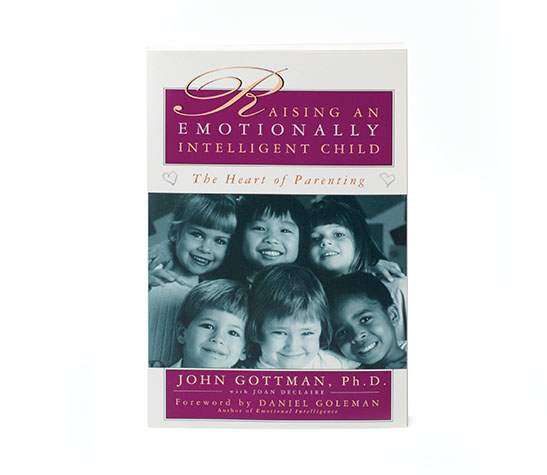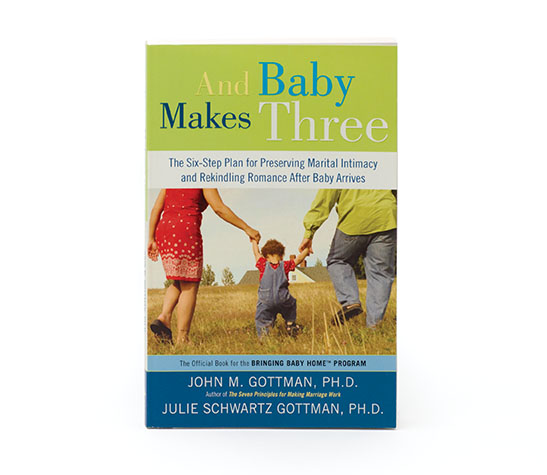We are all born with emotions, but not all those emotions are pre-wired into our brains. Kids are born with emotional reactions such as crying, frustration, hunger, and pain. But they learn about other emotions as they grow older.
There is no general consensus about the emotions that are in-built versus those learned from emotional, social, and cultural contexts. It is widely accepted, however, that the eight primary in-built emotions are anger, sadness, fear, joy, interest, surprise, disgust, and shame. These are reflected in different variations. For instance, resentment and violence often stem from anger, and anxiety is often associated with fear.
Secondary emotions are always linked to these eight primary emotions and reflect our emotional reaction to specific feelings. These emotions are learned from our experiences. For example, a child who has been punished because of a meltdown might feel anxious the next time she gets angry. A child who has been ridiculed for expressing fear might feel shame the next time he gets scared.
In other words, how we react to our kids’ emotions has an impact on the development of their emotional intelligence.
Emotional invalidation prevents kids from learning how to manage their emotions. When we teach kids to identify their emotions, we give them a framework that helps explain how they feel, which makes it easier for them to deal with those emotions in a socially appropriate way.
The emotions children experience vary depending on age.
Infants
Infants are essentially guided by emotions pre-wired into their brains. For instance, cries are usually an attempt to avoid unpleasant stimuli or to move towards pleasant stimuli (food, touch, hugs).
Evidence suggests that, in the first six months, infants are capable of experiencing and responding to distress by adopting self-soothing behavior such as sucking. Other studies have found that toddlers develop self-regulation skills in infancy and are able to approach or avoid situations depending on their emotional impact.
How you can help
A recent study suggests that “listening to recordings of play songs can maintain six- to nine-month-old infants in a relatively contented or neutral state considerably longer than recordings of infant-directed or adult-directed speech.”
The study explains that multimodal singing is more effective than maternal speech for calming highly aroused 10-month-old infants. It also suggests that play songs (“The Wheels on the Bus” for instance) are more effective than lullabies at reducing distress.
Toddlers
By the time they turn one, infants gain an awareness that parents can help them regulate their emotions.
As they grow out of the infancy stage, toddlers begin to understand that certain emotions are associated with certain situations. A number of studies suggest that fear is the most difficult emotion for toddlers. At this age, parents can begin using age-appropriate approaches to talk to kids about emotions and encourage them to name those emotions.
By the time they turn two, kids are able to adopt strategies to deal with difficult emotions. For instance, they are able to distance themselves from the things that upset them.
How you can help
Situation selection, modification, and distraction are the best strategies to help kids deal with anger and fear at this age, according to one study. In other words, helping toddlers avoid distressing situations or distracting them from those situations is one of the most effective emotion-regulation strategies.
As they grow older, toddlers can be taught to handle those situations by themselves. Indeed, they are capable of understanding different emotions and of learning different self-regulation methods that can help them deal with difficult situations. Providing toddlers with an appropriate framework can help them learn how to manage those emotions by themselves.
Naming emotions also helps toddlers learn that emotions are normal. Everyday opportunities provide occasions to talk to kids about emotions: “He sure looks angry.” “Why do you think he looks so sad?”
Toddlers also learn about managing their emotions by watching us.
Childhood
Kids experience many emotions during the childhood years. Many secondary emotions come into play at this age as a child’s emotions are either validated or invalidated, influencing future emotional reactions.
Children are able to understand and differentiate appropriate from inappropriate emotional expressions, but they still find it hard to express their emotions, especially if they haven’t learned to identify and name them.
How you can help
Emotion regulation is not just about expressing emotions in a socially appropriate manner. It is a three-phase process that involves teaching children to identify emotions, helping them identify what triggers those emotions, and teaching them to manage those emotions by themselves. When we teach kids that their emotions are valid, we help them view what they feel as normal and manageable.
Modeling appropriate behavior is also important during the childhood years. The best way to teach your child to react to anger appropriately is to show her how. Evidence suggests that kids pick up our emotions, and that those exposed to many negative emotions are more likely to struggle.
Ultimately, helping kids manage their emotions begins by validating those emotions and providing an environment in which they feel safe to express them. As several studies have shown, kids who feel safe are more likely to develop and use appropriate emotion regulation skills to deal with difficult feelings.
Sign Up and Join Our Community!
Sign Up and Become a Super Parent
Become a Super Parent
As a Super Parent you get:
- Exclusive access to the Gottman Parenting Newsletter
- Special pricing offers and discounts
- $58 saving on the Gottman Toddlers Bundle
- Parenting tool and case study on "Toddler Boundaries and Meltdowns: The Secret to Setting Limits"
- Get weekly notifications of new Parenting Blog Posts










